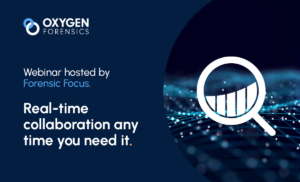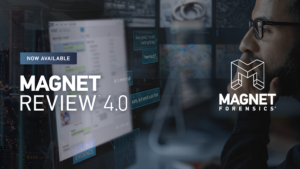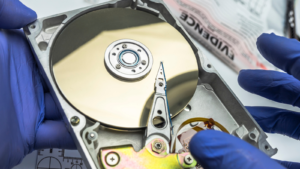Real-Time Collaboration Any Time You Need It
Keith Lockhart: We’ll get started. So again, my name is Keith Lockhart. I am the vice president of technology and training at Oxygen Forensics. And if I’ve known you in the past, that’s kind of a change in the last… Read more

















